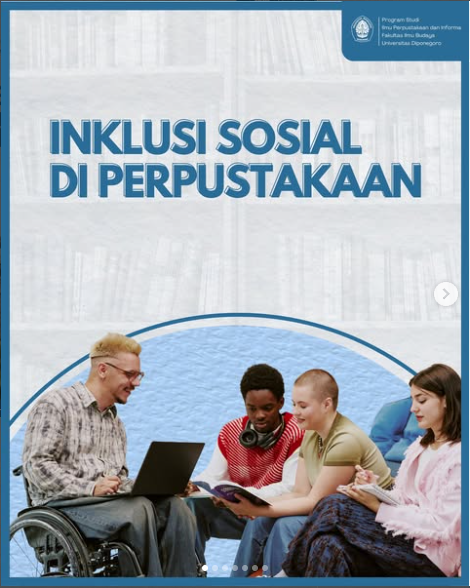Curriculum
Definition:
This process applies began gathering input from stakeholders until the ratification of the curriculum
curriculum change
Curriculum are dealt with separately for each of its departments and designated by the Rector
Objectives:
The purpose of the manual drafting of this procedure is the basic preparation and adoption of a curriculum that leads to goals and objectives that have been established and based on community needs.
Parties are related:
Students:
Students who legally registered in library science courses
Alumni
Graduates who have worked in fields that are in line with the university competencies.
Stakeholder:
Parties outside the graduate courses that utilize
Lecturer
Educators and or other colleges in accordance with specific expertise appointed by the Rector with the main task of teaching, guiding and examining
Supporting documents and accreditation forms:
- SK old curriculum
- Indonesian Academic Diponegoro University
- PP No. 19 of 2005 on National Education Standard on Quality Control Article 45 and Article 18, 19 on Competency Standards for Higher Education
- UU 20 / U / 2003 on National Education System
Procedure:
Education curriculum is the curriculum developed in accordance with the conditions and needs stakeholders based on the vision, mission, goals and objectives of the study program within the department.
The quality of the curriculum can be seen from the suitability of the content (content) with the needs of tertiary customers, especially primary and tertiary customers. The potential contained in the curriculum and the weight (SKS) calculated by time is a fundamental quality of the curriculum that must be considered carefully.
Objective Development and Curriculum change
- Researching and establishing customer needs especially primary customers (students) and tertiary customers (working world, and higher education institutions where graduates will continue the study).
- The spread of the course of each semester appropriately will also strengthen the competency quality standards above. In the dissemination sequence the courses should be prepared precisely. Courses that are prerequisite for example, must be present first than the core subjects.
- The grouping of courses is to show interrelationships between groups, and the level of proximity of relationships between courses. It is also useful to solidify the competency quality standards. Coding courses will help in the smooth administration, and this also supports quality standards.
- What is not less important is that the course that is not suitable to the needs of customers should not be included in the curriculum. Thus the study load can be a minimum, but still quality.
- The students in the process of education is also expected to be able to interact with stakeholders and the industrial world in the field of economic affairs and non-sciences that requires cooperation with qualified human resources and professionals who have a concern for the interests of society.



